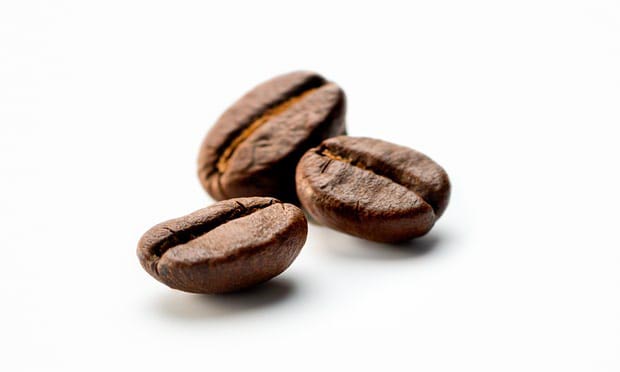
Review suggests coffee and tea drinkers might have a lower risk of developing cardiac arrhythmias. Drinking coffee and tea every day may actually benefit people with heart troubles. New research has linked caffeine consumption from the two popular drinks to decreased rates of arrhythmias, or abnormal heart rhythms.
But the researchers warn against the consumption of energy drinks that contain high levels of caffeine for anyone with a pre-existing heart condition.
Arrhythmias cause the heart to beat too fast, slow or unevenly. Many clinicians advise patients with atrial or ventricular arrhythmias to avoid caffeinated beverages.
“There is a public perception, often based on anecdotal experience, that caffeine is a common acute trigger for heart rhythm problems,” said Dr. Peter Kistler, director of electrophysiology at Alfred hospital and Baker Heart and Diabetes Institute. “Our extensive review of the medical literature suggests this is not the case.”
Researchers reviewed 11 major international studies involving 360,000 people and found caffeine had no effect on ventricular arrhythmias.
The analysis suggests caffeine intake of up to 300 milligrams a day may be safe for patients with arrhythmias. This equates to roughly three cups of coffee.
But there may be individual differences in susceptibility to the effects of caffeine on the factors which trigger arrhythmias in some, the researchers noted.
“Caffeinated beverages such as coffee and tea may have long-term anti-arrhythmic properties mediated by antioxidant effects and antagonism of adenosine,” Kistler said. “In numerous population-based studies, patients who regularly consume coffee and tea at moderate levels have a lower lifetime risk of developing heart rhythm problems and possibly improved survival.”
The study is published in the Journal of the American College of Cardiology.
Original article © The Guardian (https://www.theguardian.com/lifeandstyle/2018/apr/17/caffeine-might-help-people-with-heart-troubles-research-says)
